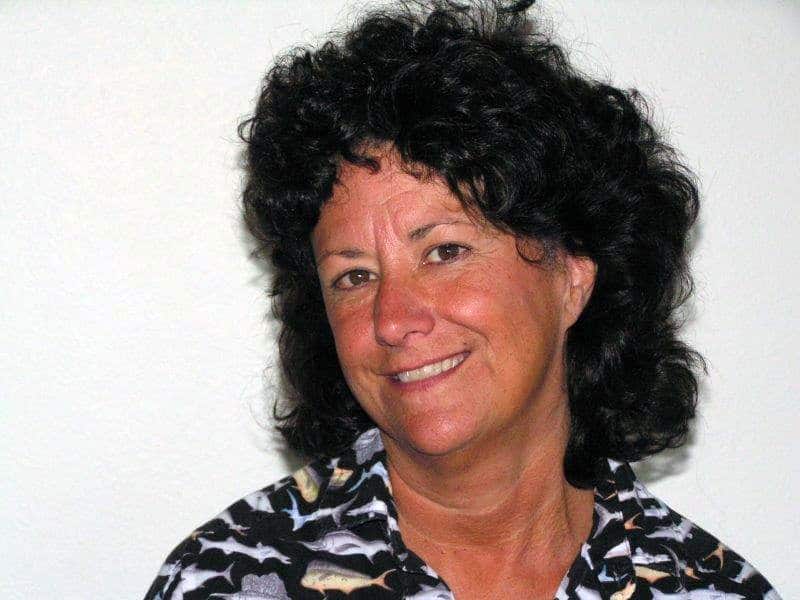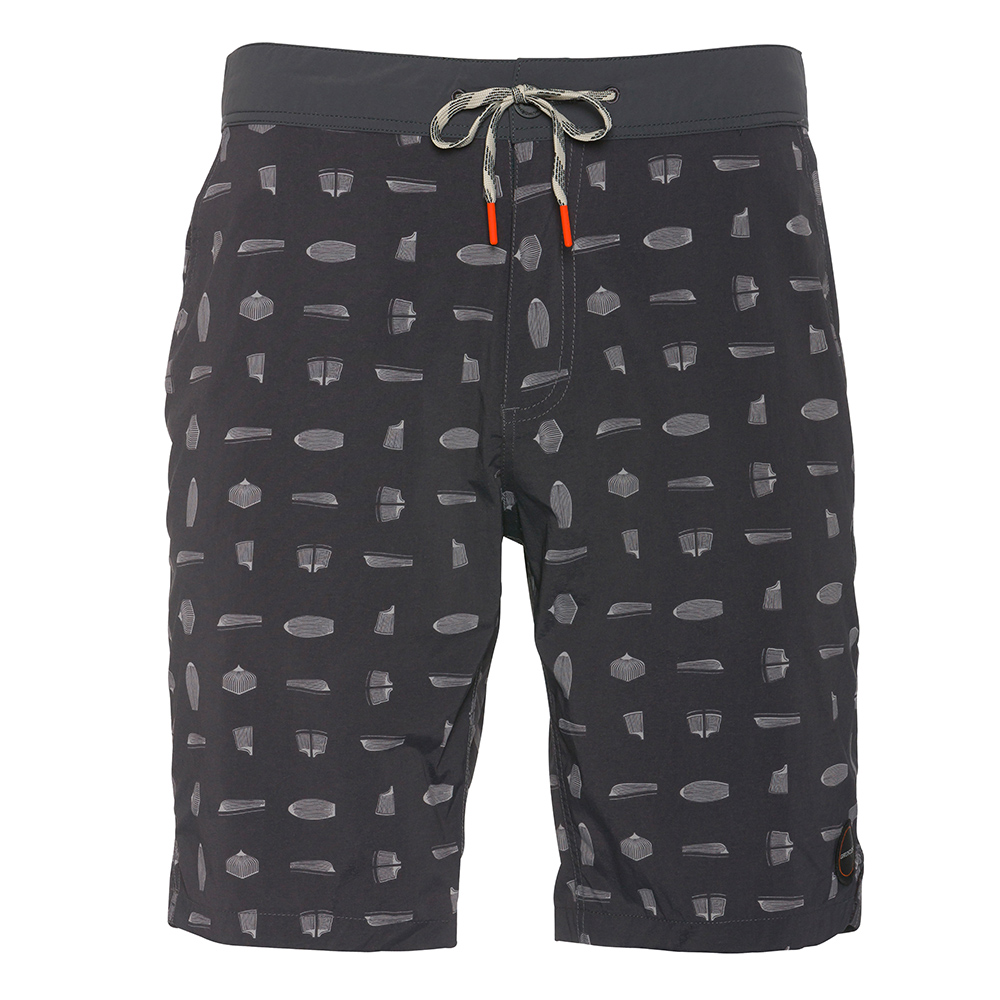Grundéns is using recycled plastics from old fishing gear for a new line of rugged casual wear, and the first batch contains contributions from Cordova, Alaska.
The fisherman’s favorite foul-weather-gear maker debuted its NetSource Collection this spring. The men’s shorts and women’s leggings use Econyl, a regenerated nylon fabric that uses recycled fishing nets as the raw material.
The company connected with the Copper River Watershed Project which collects the fishing nets and gets prepares them for shipping to Europe, where they are recycled into plastic pellets or, in this case, fibers.
“We believe it's really important to use our brand voice to help protect and maintain healthy marine environments and to lend a hand where we can,” said Mat Jackson, Grundéns chief marketing officer. At some point, you’ve got to just start doing it. And Cordova seemed like a tangible opportunity.”
“Cordova is moving full steam ahead,” said Nicole Baker of Net Your Problem who helped make the Grundéns connection. Baker, a former Bering Sea fisheries observer, has helped jumpstart fishing gear recycling programs in Alaska since 2017.
“The gillnet fleet is pretty dialed in and seines are made out of the same type of plastic, so those two gear types can be recycled together,” she added.
“Right now, it's just a small part of our overall collection, but we seek to expand it to other items, including foul-weather gear. It’s something we really believe in,” said Grundéns spokesman Corey Lowe.
“We’re aware of the amount of ghost nets and plastics in the ocean so whether we're doing it or our competitors, we want more of it to end up in the recycling supply chain. We see it as a rising tide lifts all boats kind of thing and positive for the industry overall,” Lowe said.
He added, “Hopefully, when fishermen buy something from us later on, it’s kind of cool to think hey, my net is now hanging off my shoulders as a jacket or something.”
Grundéns is now using 100 percent biodegradable packaging called PLA, which is made from corn starch based glucose. It fully decomposes in under one year. By June 2021 all products will be shipped in compostable Eco-packaging.
The company also has its eye on old fishing gear from Alaska’s Bristol Bay, where the borough will discuss a funding request from Net Your Problem at its June 7 meeting.
The recycling gear company founder Nicole Baker said she had “tentative commitments” from the Bristol Bay Regional Seafood Development Association, the Bristol Bay Economic Development Council and Grundéns to help pay for the first year of recycling there.
“If that gets approved, cross our fingers, we will be able to start in 2022,” Baker said.
She and team members also will be in Cordova on June 8 to and in Homer in mid-June to talk with people about getting a program going there. They will head to Dutch Harbor on June 18.
“We’re going to be working with the city to sort through the landfill and recycle what we can, and also to push for the boats to do recycling,” Baker said.
In Southeast Alaska, Friends of Recycling in Haines is collecting fishing nets, and RecycleWorks in Juneau is doing the same at Aurora Harbor. Kodiak is still accepting trawl nets and “things are in the works” for other gears, Baker said.
The Dillingham program is defunct, Baker said, and the landfill there doesn’t accept fishing nets.
“I’m hoping that those two forces will encourage fishermen and other businesses to work with us to get something going again,” she said.
Baker is doing a survey to estimate the amount of fishing gear available for recycling in Alaska.
“Every single fisherman with the exception of one has said they think recycling is a better option for their gear than the landfill,” she said.
The problem, she added, is: “How do we pay for it? Do our values and morals align with what budgets we have and other alternatives cost?”
Much of it falls to human behavior.
Net Your Problem is one of 10 finalists in a global Solution Search competition for solutions related to plastic pollution that rely on behavior changes.
It is sponsored by the Center for Behavior and the Environment and the winning entrant receives a $25,000 grant. Project supporters can vote once per day through June 11.







